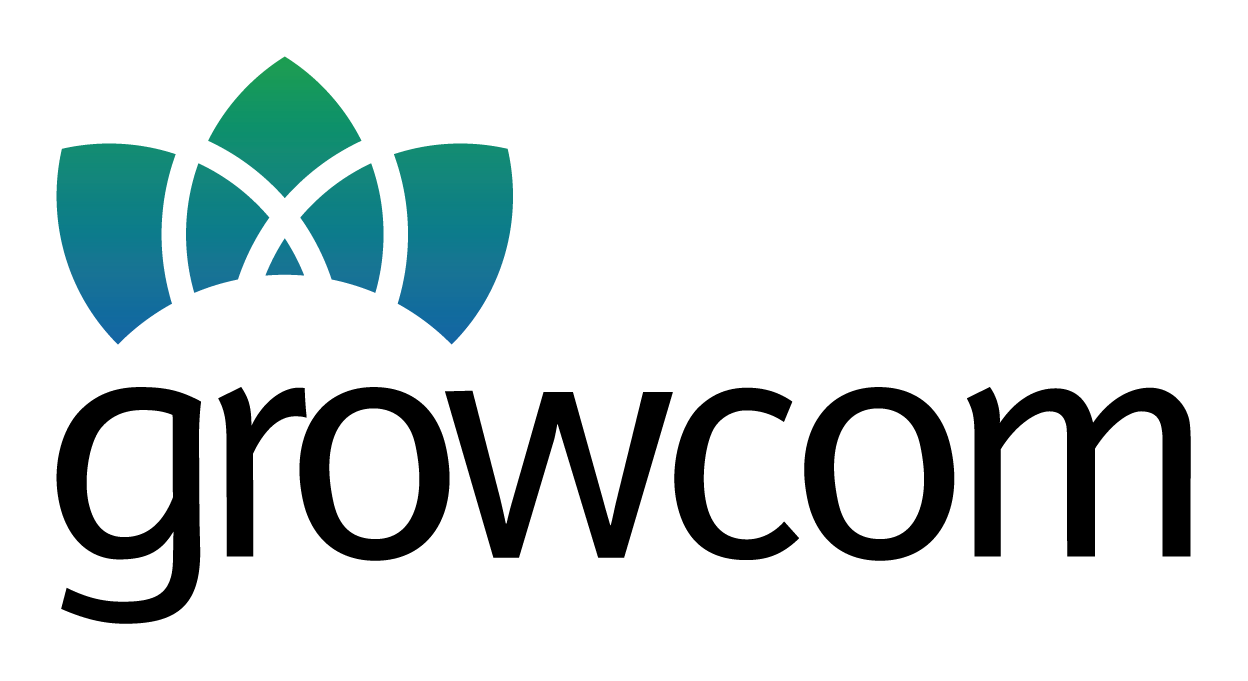Walkamin grower protecting people, planet, and prosperity
Dennis Howe, Managing Director of Howe Farming Enterprises is a certified legend. And no, that’s not hyperbole; Dennis was awarded the inaugural ABC Rural-Kondinin Group Farming Legend of the Year Award in 2016.
More recently, Howe Farming Enterprises has received a different kind of certification for their commitment to looking after waterways leading to the Great Barrier Reef: Hort360 Reef Certification.
Such recognition is understandable when you witness the large scale and impeccable standards of Howe Farming’s operations.
Dennis took a risk in 1995 planting Cavendish Bananas in the Atherton Tablelands when others told him it would be too cold. Bananas now make up about 70 per cent of the business.
Nearly 30 years on, Howe’s remains family affair, with Dennis and his sisters Christine, Geraldine, and Bernadette, as well as his son James, who is Operations Manager.
Considering the breadth of the business, however, the Howes have adopted a corporate business structure.
As well as bananas, Howe’s grow avocados, coffee, and a range of broadacre crops. The business also has a dedicated manufacturing arm—Howe’s Manufacturing—which not only looks after farm maintenance, but also developing machinery and irrigation infrastructure.
Growing a wide variety of crops means plenty of hands are always needed. The business seeks to look after its workers with between 160 to 200 PALM workers employed at any one time.
The constant stream of work means Howe’s can look after employees year-round, offering nine-month contracts, with many workers returning for multiple stints.
Speaking with Dennis’s son-in-law and Howe Farming Administration Officer Tom Charuk, he said community is important to Dennis.
“Dennis loves to be able to keep people in a job. It’s one of his main priorities and he’s very community orientated,” Tom said.
As well as looking after people, Howe Farming Enterprises also seeks to care for the 3,000 acres where they grow, as well as the environment and waterways beyond.
Environmental stewardship means a lot of work on-farm and in the office to ensure nutrients, sediment, and runoff aren’t entering local waterways, and meticulous records are kept so Howe’s know how much water, chemicals, and fertiliser are applied where and when.
Irrigation and fertigation are controlled automatically, with the business employing a fulltime agronomist who looks after pest scouting and researching advancements fertilisers, chemicals, and biologicals.
In terms of land management, the farms are monitored for runoff and drainage, especially after the wet season.
“We don’t want runoff into local creeks, so we ensure it gets rerouted,” Tom said.
Also, on some of their farms out west, Howe’s use sediment ponds to mitigate runoff.
The comprehensive nature of Howe’s environmental stewardship meant that they meet the criteria for Hort360 Reef Certification. The process of applying for Reef Certification was made easier due to the fact the business is Freshcare Environmental certified.
This means they did not have to undertake a third-party audit as part of their Reef Certification but did have to complete the Hort360 Reef Certification module annually.
“The process was simple in our eyes, and we thought why not do something more for the environment.
“We’ve got such a beautiful ecosystem down there [the GBR], why would you do something to destroy it?” Tom said.
Hort360 Reef Certification is part of the Hort360 GBR Program from Growcom, the project delivery arm of the Queensland Fruit & Vegetable Growers (QFVG).
Grower participation in Hort360 GBR program for benchmarking and Reef Certification is free and voluntary.
Contact your closest Hort360 GBR officer to learn more today.
Hort360 GBR is funded through the Queensland Government’s Queensland Reef Water Quality Program.
